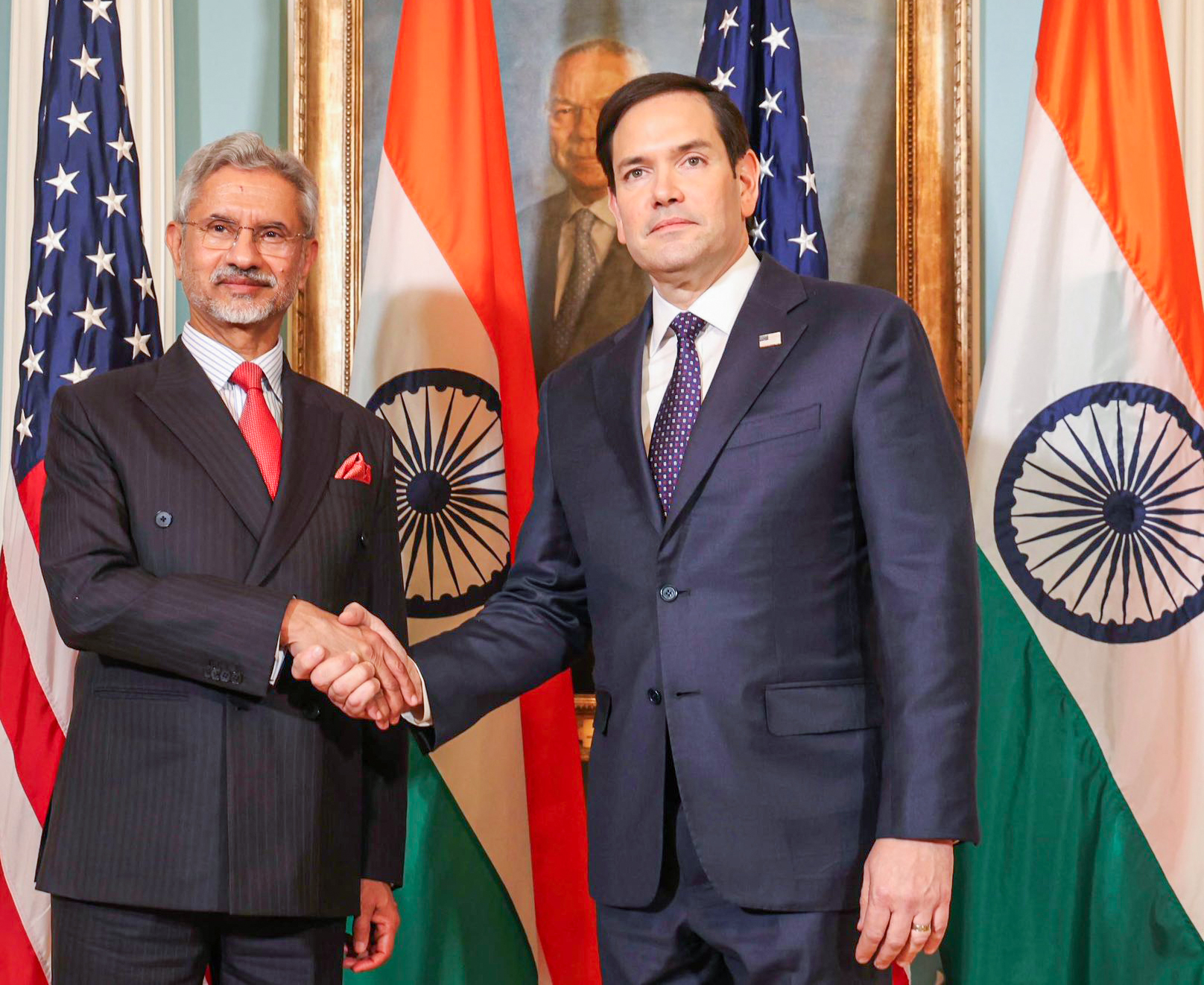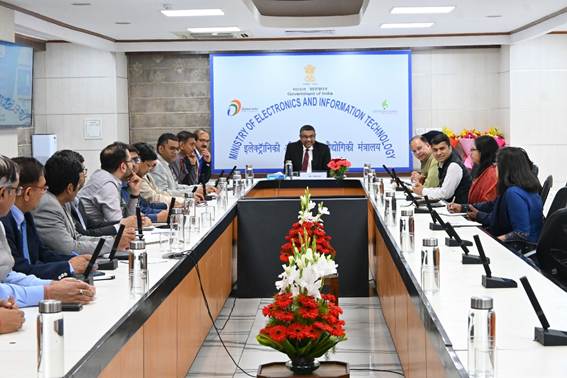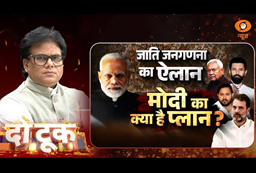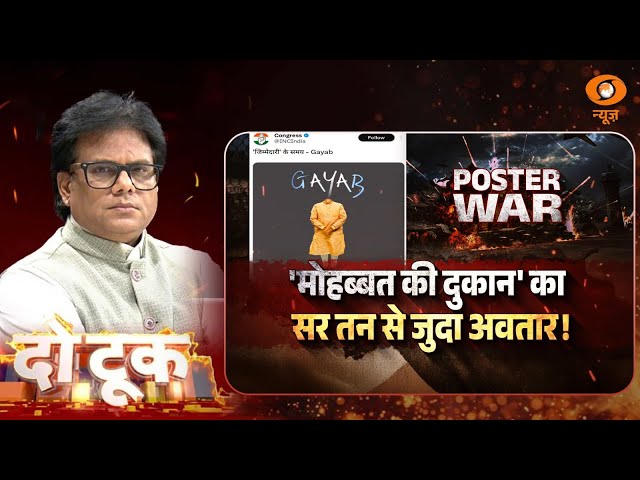External Affairs Minister S. Jaishankar held a telephonic conversation with US Secretary of State Marco Rubio on Wednesday to discuss the recent terrorist attack in Jammu and Kashmir’s Pahalgam.
In a post on X, Jaishankar said that those responsible for the attack—including its perpetrators, backers, and planners—must be brought to justice.
“Discussed the Pahalgam terrorist attack with US @SecRubio yesterday. Its perpetrators, backers and planners must be brought to justice,” he wrote.
During the conversation, Secretary Rubio expressed deep sorrow over the loss of lives in what he described as a “horrific terrorist attack.” He reaffirmed the United States’ commitment to working with India in the fight against terrorism. Rubio also encouraged India to engage with Pakistan to de-escalate tensions and uphold peace and stability in South Asia, according to a statement by US State Department spokesperson Tammy Bruce.
The discussion comes amid a spike in ceasefire violations by Pakistan along the Line of Control (LoC), following the brutal April 22 attack in Pahalgam, where terrorists killed 26 people and injured many others. The Indian Army has since responded effectively to unprovoked small arms fire from the Pakistan Army across the LoC.
In response to the attack, India has taken a series of diplomatic and strategic measures, including suspending the Indus Waters Treaty and shutting down the Integrated Check Post at Attari. Additionally, India has moved to reduce the strength of diplomatic missions.
On April 29, Prime Minister Narendra Modi chaired a high-level meeting attended by Defence Minister Rajnath Singh, Chief of Defence Staff General Anil Chauhan, and the three service chiefs. National Security Advisor Ajit Doval was also present.
This followed an earlier meeting of the Cabinet Committee on Security on April 23, convened shortly after the Pahalgam attack. According to government sources, PM Modi reiterated India’s resolve to deliver a decisive response to terrorism. He expressed full confidence in the capabilities of the Indian Armed Forces and granted them operational freedom to determine the mode, timing, and targets of any response.
Tuesday’s meeting was attended by Army Chief General Upendra Dwivedi, Navy Chief Admiral Dinesh K. Tripathi, and Air Chief Marshal Amar Preet Singh.
(ANI)




















